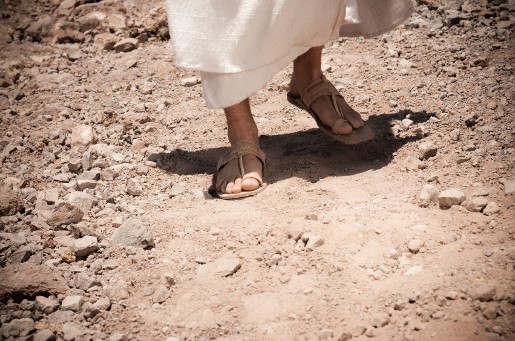The Commission on the Way Forward is relying on the Spirit’s gifts.
The Commission on a Way Forward has begun meeting, and reporting of our conversation has been shared with the church. Because we are a body that meets every few weeks, and because the pace of social media is one measured in minutes or hours, there is a gap between the perception of the commission’s work and the reality. Many of the lenses through which the commission is viewed are inadequate. For example, the lens of U.S. politics does not adequately describe the work of a body that is global, and the present political context of the U.S. is not the lived reality of a substantial number of the commission members.
In reflecting on the first phases of our work, we have noted several of the challenges that are inherent in our group, and a corresponding set of strengths or assets.
Challenges
1. Building trust—among some, this is the result of past experience; among others, it is simply the newness of relationship.
2. Experiences of suffering and harm—some in the group approach the work from experiences of marginalization, a call to advocate for these voices and to include them.
3. Silos—many have strong senses of identity within well-defined groups, in whom they are viewed as leaders.
4. Desire to gain turf—most of us have a desire to see our own positions grow in influence and our own power increase, even if we believe that our motives are sound.
5. Language differences—this simply reflects the need for careful communication, definition of terms, and arriving at a pace that allows for sharing and listening among all.
6. Cultural diversity—within the U.S., there are different cultures, and across the four continents represented, there is profound diversity as well.
7. Complexity of human sexuality/LGBTQ—we are moving beyond an “issue” to deeper relationships that reveal the truths that we see and speak.
Assets
1. Leadership gifts—the commission includes many extraordinary leaders and their presence helps the work to progress.
2. Spiritual maturity—there is a deep bond of faith in Jesus Christ and the power of the Holy Spirit, and within this well are resources of patience and humility.
3. Common ground—many of these leaders have witnessed the strengths of the church, across the world, and have shared in the mission of our denomination.
4. Desire for unity—while the “we” of The United Methodist Church is contested, at the moment, there is a fundamental commitment to seek unity.
5. The gift of time—the Council of Bishops via the General Conference has given us the gift of time and space, to be used for reflection and discernment.
6. Spirit of collaboration—as a conciliar body, our outcomes will not be the will of any one person, but the result of work done together.
7. Larger purpose—this work can be a part of our mission, to make disciples of Jesus Christ for the transformation of the world. It is not an interruption or a distraction from that work.
The complexity of the commission’s task is one reason for the privacy of the group’s work at present. We do not sense that the presence of media in the meetings is conducive to overcoming the challenges of the responsibility given to us. We also believe, as a commission of the Council of Bishops, that this is consistent with the Judicial Council ruling of church law (869) based on Book of Discipline paragraph 722.
The Commission on the Way Forward invites United Methodists to study Galatians 1-3 with them and to reflect on the challenges and assets in their own communities and congregations.
The assets that are present in the commission are truly gifts from God and we believe them to be sufficient to respond to the challenges, and indeed to transform our challenges into gifts. This is and will not be a human achievement, but is the unfolding work of the Holy Spirit in our midst.
At our first meeting, Bishop Ciriaco Francisco of the Philippines expressed a need to withdraw from the Commission, due to the demands of his role as leader of the Standing Committee on Central Conference Matters. The commission members surrounded him in prayer and sent him forth with our blessing. An invitation has been extended to Bishop Peter Torio (also of the Philippines) to serve on the Commission, and he has accepted.
In our next meeting, to be held in just a few days, we will be studying the first three chapters of Paul’s letter to the Galatians. Three commission members, from three different jurisdictions and two different continents, will lead our Bible study. We invite you to read these chapters with us, and to reflect on the challenges and assets in your own communities and congregations.
~Reported by conveners: Bishops David Yemba, Sandra Steiner Ball and Ken Carter
Last Updated on February 21, 2017

